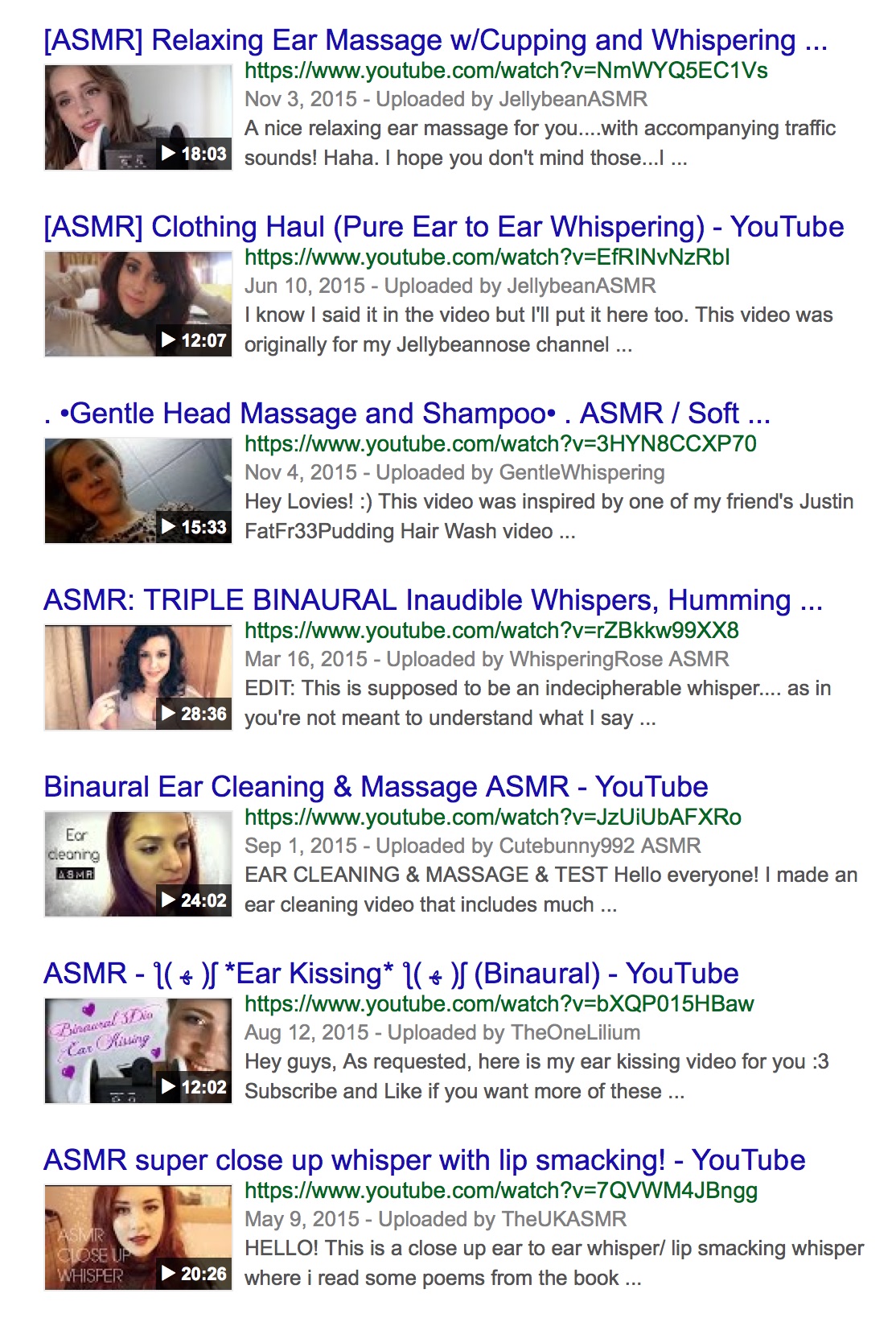 Ever had that curious tingling sensation at the back and base of your neck? Of course you have. Perhaps you’ve felt this sensation during a particular piece of music or from a watching a key scene in a movie or when taking in a panorama from the top of a mountain or from smelling a childhood aroma again. In fact, most people report having felt this sensation, albeit rather infrequently.
Ever had that curious tingling sensation at the back and base of your neck? Of course you have. Perhaps you’ve felt this sensation during a particular piece of music or from a watching a key scene in a movie or when taking in a panorama from the top of a mountain or from smelling a childhood aroma again. In fact, most people report having felt this sensation, albeit rather infrequently.
But, despite its commonality very little research exists to help us understand how and why it happens. Psychologists tend to agree that the highly personal and often private nature of the neck tingling experience make it difficult to study and hence generalize. This means, of course, that the internet is rife with hypotheses and pseudo-science. Just try searching for ASMR videos and be (not) surprised by the 2 million+ results.
From the Guardian:
Autonomous Sensory Meridian Response, or ASMR, is a curious phenomenon. Those who experience it often characterise it as a tingling sensation in the back of the head or neck, or another part of the body, in response to some sort of sensory stimulus. That stimulus could be anything, but over the past few years, a subculture has developed around YouTube videos, and their growing popularity was the focus of a video posted on the Guardian this last week. It’s well worth a watch, but I couldn’t help but feel it would have been a bit more interesting if there had been some scientific background in it. The trouble is, there isn’t actually much research on ASMR out there.
To date, only one research paper has been published on the phenomenon. In March last year, Emma Barratt, a graduate student at Swansea University, and Dr Nick Davis, then a lecturer at the same institution, published the results of a survey of some 500 ASMR enthusiasts. “ASMR is interesting to me as a psychologist because it’s a bit ‘weird’” says Davis, now at Manchester Metropolitan University. “The sensations people describe are quite hard to describe, and that’s odd because people are usually quite good at describing bodily sensation. So we wanted to know if everybody’s ASMR experience is the same, and of people tend to be triggered by the same sorts of things.”
Read the entire story here.
Image courtesy of Google Search.
